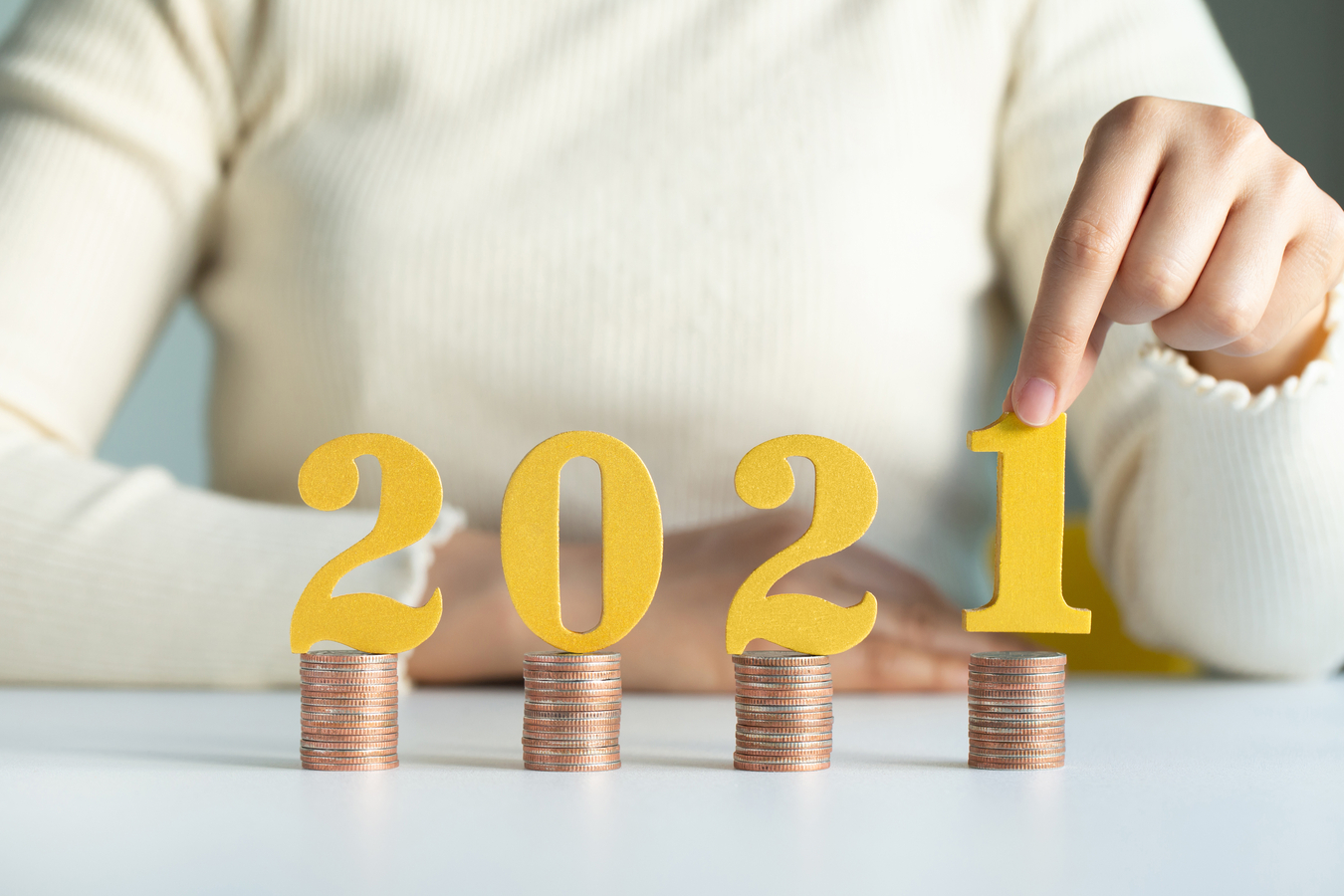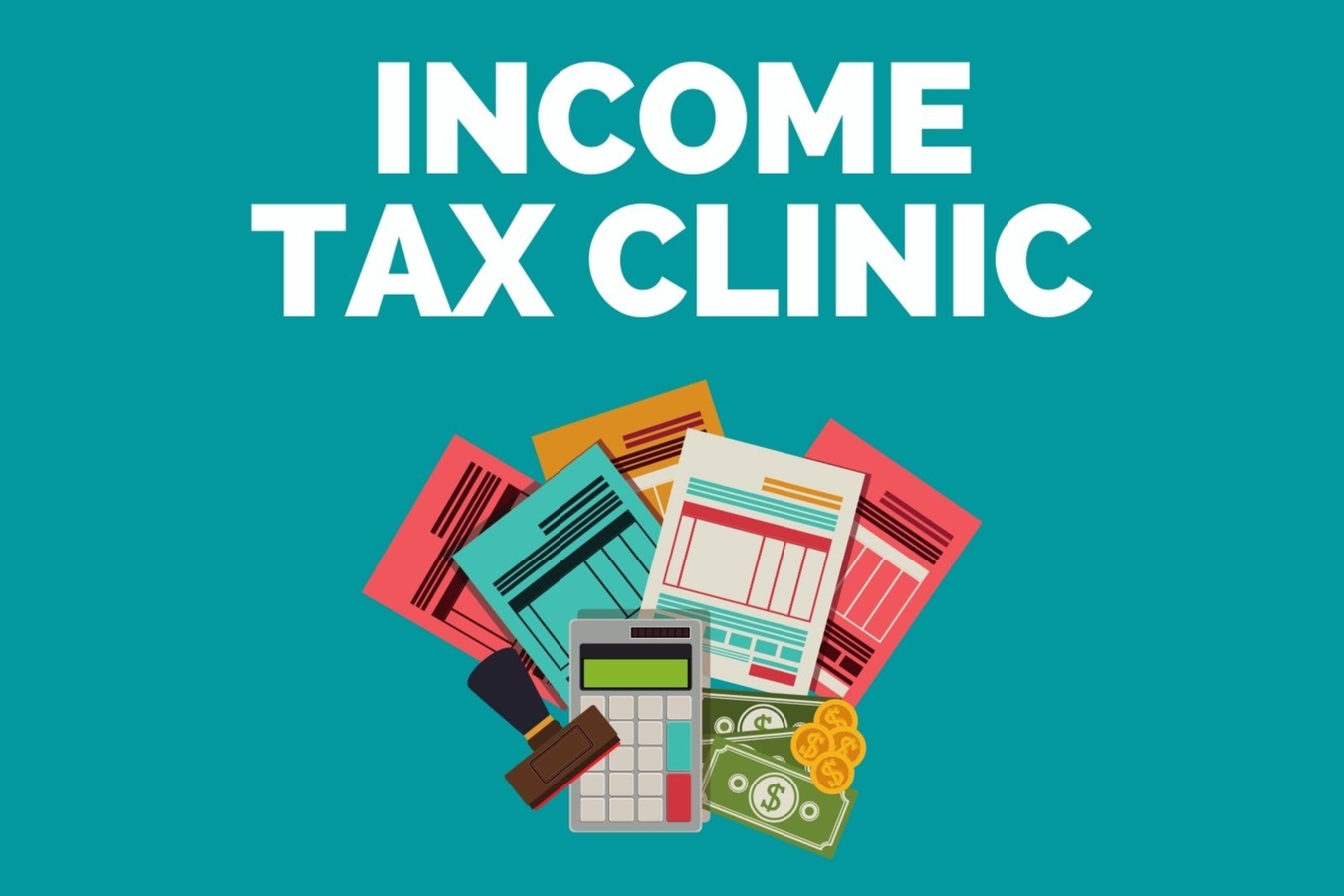

Money Management Tips for Your Financial New Year’s Resolutions
Many of us set New Year’s resolutions, which are often related to fitness, our careers, and our finances.
When setting resolutions related to finances, it is helpful to start by asking yourself: what do you want to do with your money this year, next year, and beyond? Not only is it important to have short-term financial goals for the next year or two, it is also important to have long-term financial goals, over a time horizon of 30 years or more.
When setting your short-term financial goals, structure them as a stepping stone towards achieving long-term goals, such as retiring and paying off your mortgage.
Your Financial Goals
Although everyone’s financial goals may seem individualized, most Canadians share similarities. An example of a goal that many share is having an emergency fund. Having a well-funded emergency account is essential for most Canadians.
While setting the goal of having an emergency fund is great, it is important to be more specific. How much do you need? And by when do you want to have it ready? Generally speaking, a fund that covers six months of living expenses is good enough for most.
Once that is determined, you can set up an automatic savings plan to get there. Make it a weekly habit to start putting aside a set amount of money from your paycheque. See if you can reduce expenditures by cutting out expensive beverages and eating out from your daily habits.
If saving up for six months’ worth of expenses seems too daunting, start with whatever you can afford - such as $1,000. Although $1,000 probably isn’t enough for most Canadians, it’s a starting point. Once $1,000 has been saved up, the next step can be saving $2,000, and so on.
Emergency funds may be required for unexpected emergencies, such as car repair, emergency dental procedures, or health related expenditures. Those bills can add up quickly. How much you need is personal, based on your financial situation, but itis important to start saving, even if it’s a small amount.
Focus on the short-term financial goals, and then the long-term ones. Ask yourself: “How will these goals relate to my longer term goals?”
For example, if your goal is to get a down payment on a home in three years, then the longer-term goal could be to pay off your mortgage. For a goal longer than that, you might want to include your home in your estate.
S.M.A.R.T. Financial Goals
While goal setting is great, you can take it to the next level by setting S.M.A.R.T. goals. S.M.A.R.T. stands for: Specific, Measurable, Attainable, Relevant, and Timely.
Specific
Be specific by setting the dollar amount or percentage that you’re committed to saving. Make sure your specific goal has as many of the 5 W’s as possible. (WHO is involved, WHAT do I want to accomplish, WHERE will it be done, WHY am I doing this, and WHICH constraints/requirements do I have?)
Measurable
How will you track the progress and measure the outcome? How much do you want to save and how often?
Attainable
Is the goal realistic enough for you to be able to accomplish? How so? It is important to ensure that your goal isn’t out of reach, and it is equally important to ensure that it also sufficiently progressive. Do as much as you can, within reason, to move forward.
Relevant
Is the goal worthwhile and will it meet your needs? Are each of your goals consistent and in line with other goals you have established? Do they fit with your immediate and long-term plans? Are they feasible and will they help your other goals? What is required to achieve them?
Timely
When do you want to achieve your S.M.A.R.T goal? Consider scheduling dates and time periods. Your objective should include a due date: “I will complete this step by month/day/year.” By doing this, it will establish a timeline and provide motivation, and it often prompts individuals to maintain more effective time management.
By starting simple and taking steps - such as working towards saving for an emergency fund, setting short-term goals, creating long-term plans, being S.M.A.R.T., and starting now - you’ll be well on your way to financial success.
Visit Your Financial Toolkit on iiCanada’s Financial Well-Being page for a comprehensive list of tools and resources, including an interactive budget planner, financial goal calculator, access to a national non-profit credit counselling agency (where you can seek advice from financial coaches), and many more financial well-being resources to build a strong and secure financial future.









